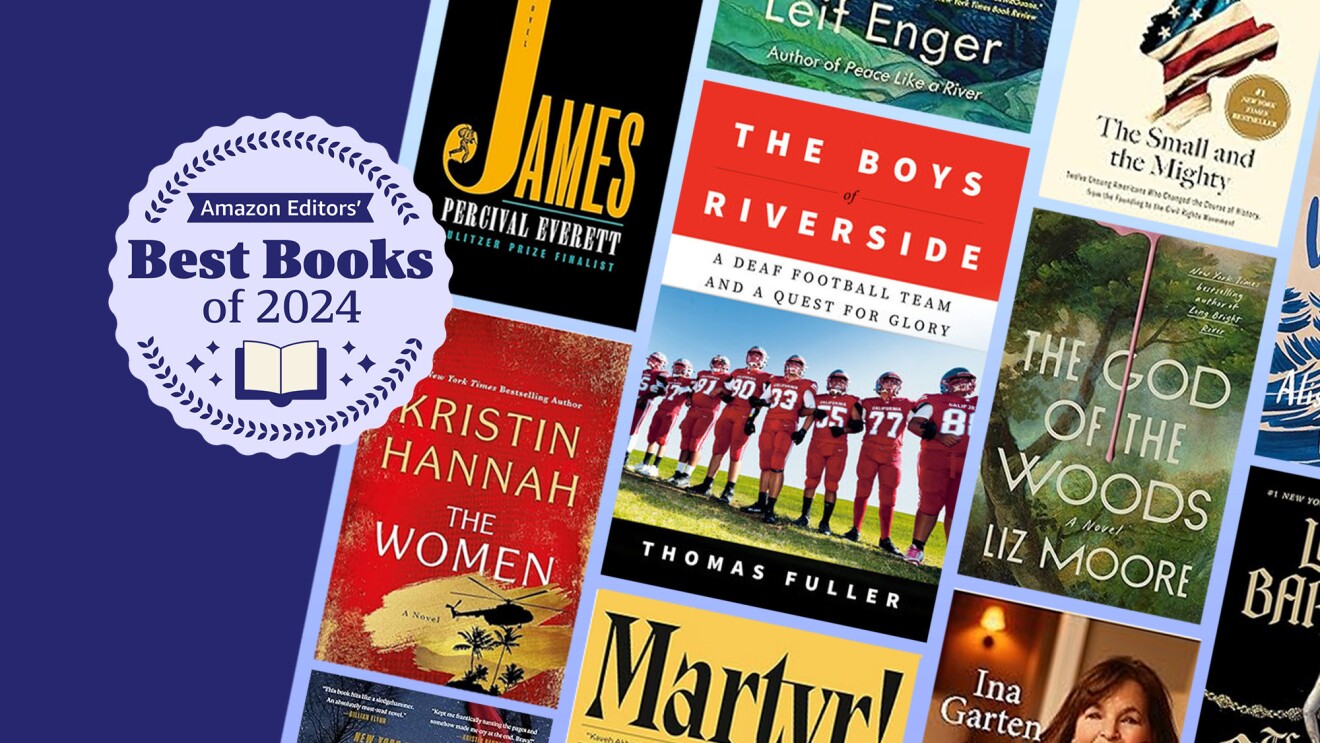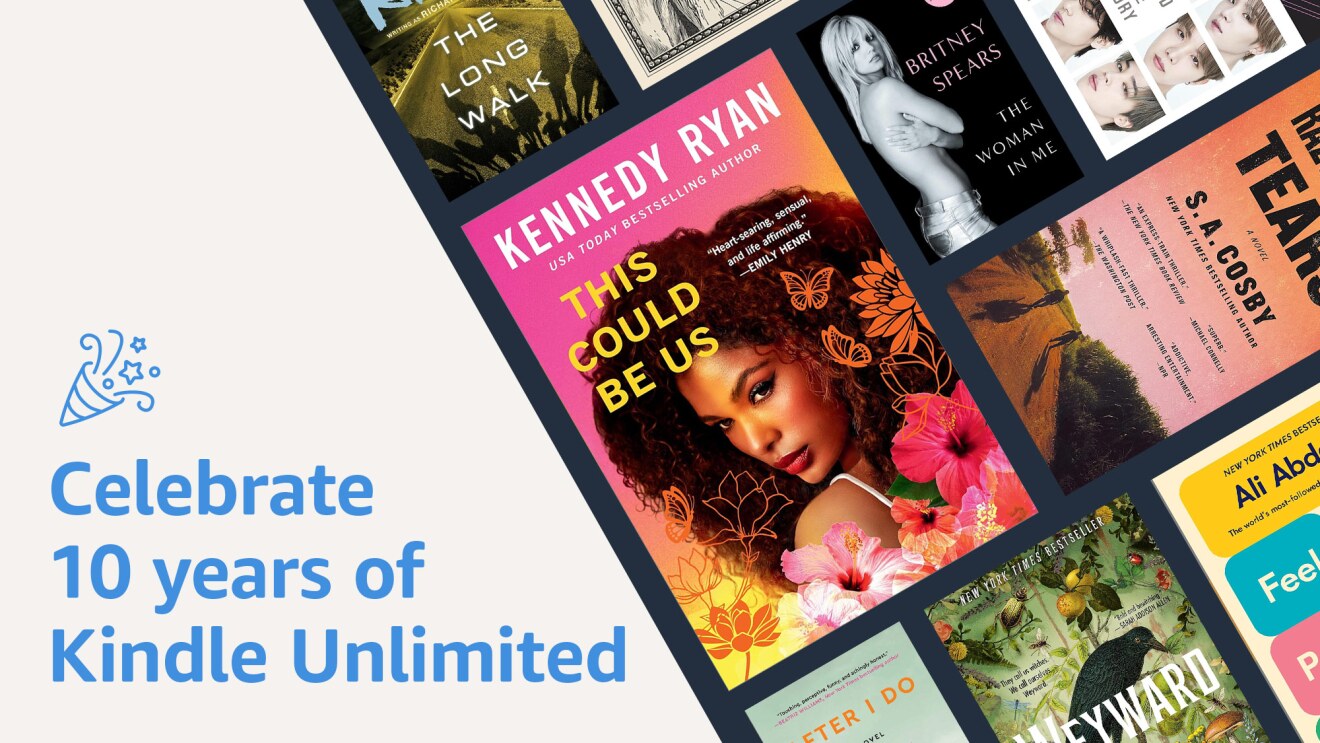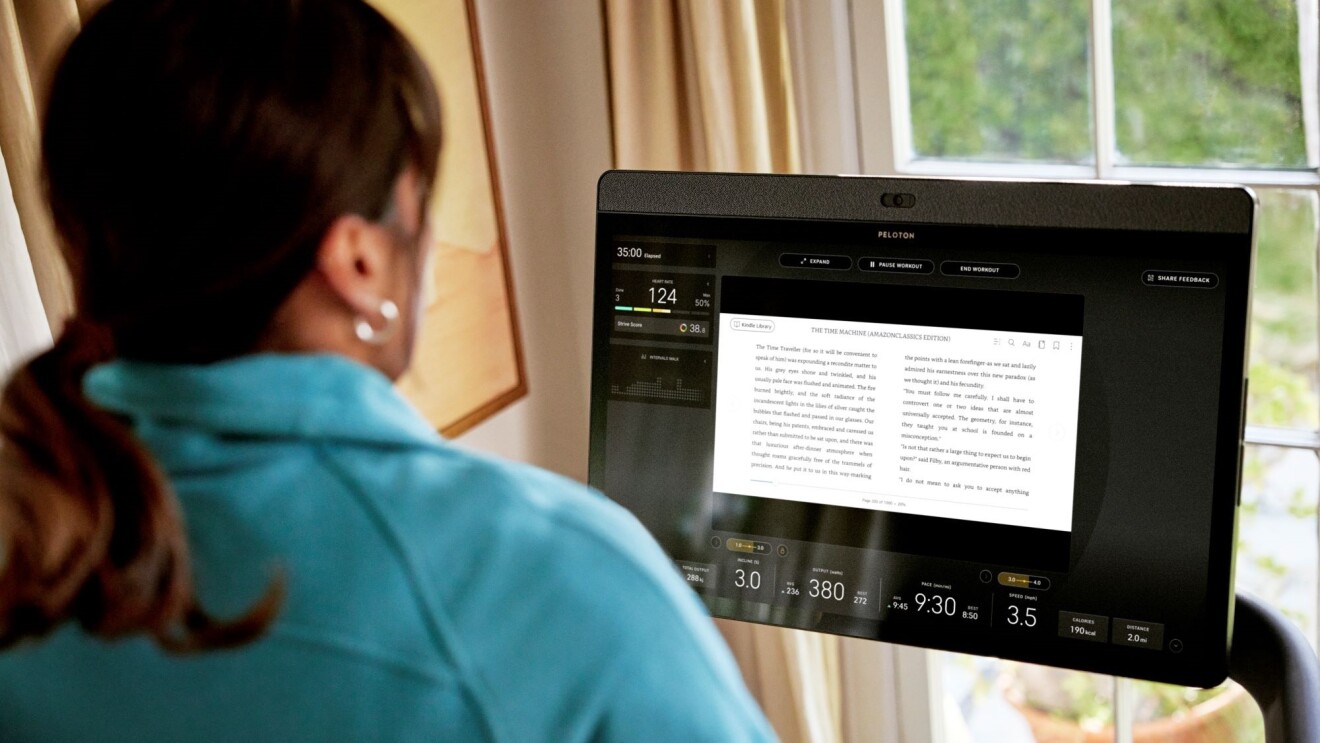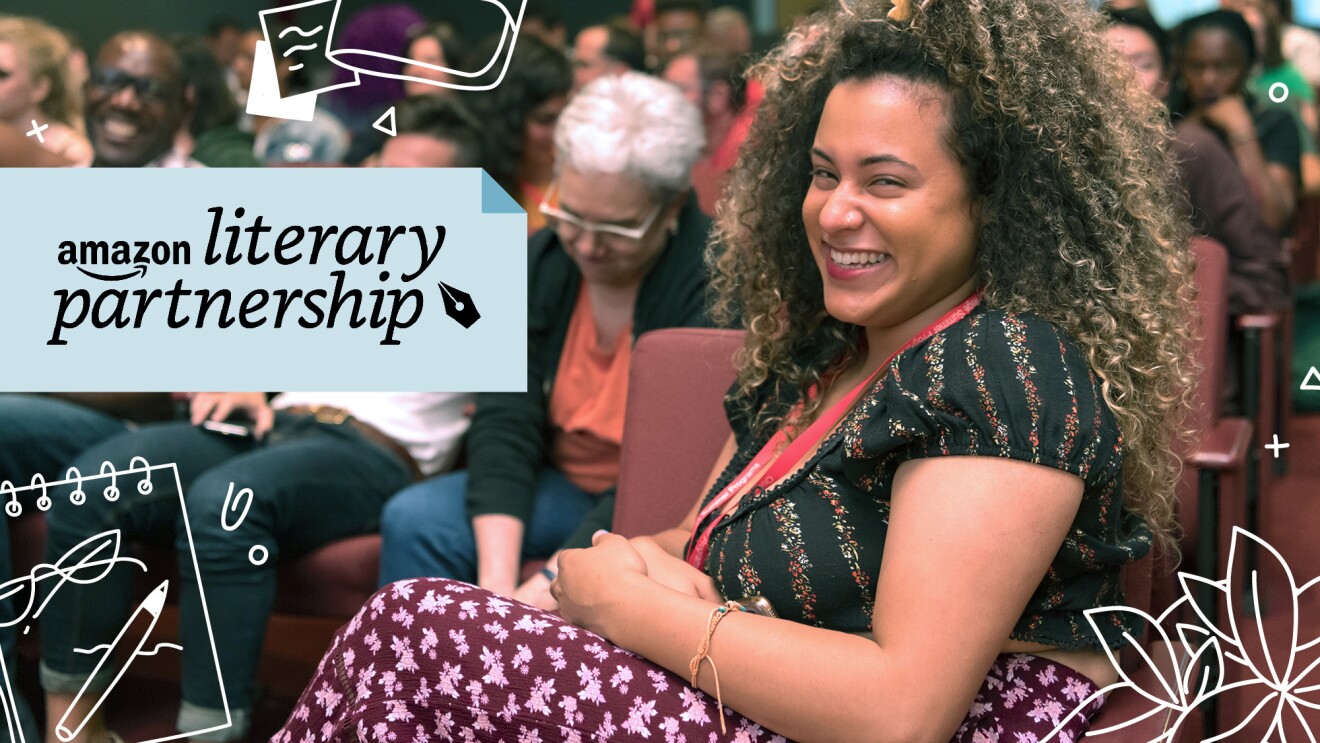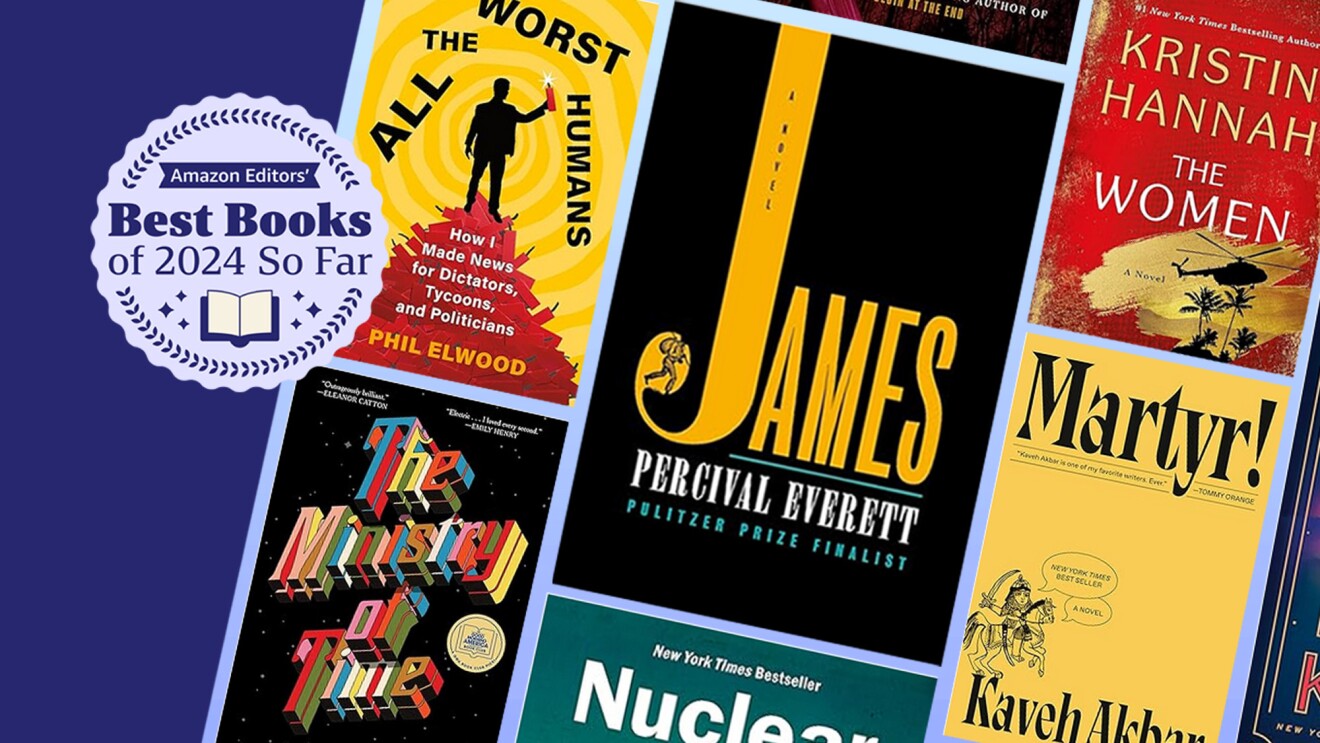The southern California sun was shining, and Dan Sheehan felt strong, so he stretched his run to nine or ten miles this Tuesday. Just as he reached home and heard “Dad, what’s for lunch?” from his son and daughter, his phone buzzed with a text from an old Marine Corps buddy: “Congrats brother!”
Sheehan assumed he was about to get his chops busted by some incoming prank, so he pulled up his friend's Twitter feed to search for any clue that legitimate congratulations might be in order. And there, in a tweet from 13 minutes earlier, he learned that his 2012 self-published memoir about putting his life back together after the Iraq War had just been selected for the U.S. Marine Corps Commandant’s Professional Reading List.
01 / 03
We profiled Sheehan—and the good that his vulnerable, raw book has done for veterans and others who've survived trauma—a few years back in a post titled "Combat veteran redefines bravery." In its summary of the book for the Commandant's list, the U.S.M.C. highlighted similar themes:
Dan Sheehan is a third-generation military flyer. He was eager to test his skills as a Cobra gunship pilot in the theatre of combat-and then he got his chance, first, in East Timor, then during two tours of duty in Iraq. After the adrenaline rush of combat, something inside Dan would not turn off. He was a warrior, willing and proud to serve his country and he was fortunate to come out of battle whole, time and again. But he had not escaped Iraq untouched.
In an interview this week, Sheehan said being named to the list suddenly puts the book en masse "into the hands of the audience I was most desperate to reach."
Marines are expected to read five books from the list each year. Sheehan read from the list devotedly when he was active duty. Part of what ultimately motivated him to write his own book was the reality that nothing he'd encountered on the list had readied him to process the burdens of combat, of taking lives, of losing friends—experiences that, to quote his book, "are as old as war itself."
"Knowing that the list was there and knowing that something was missing from it helped direct my writing and my decision to stay with self-publishing for it, because I knew what I wanted the book to be," Sheehan said. "I knew the gap I wanted the book to fill."
He released the book through Kindle Direct Publishing, fearing that a traditional publisher would need to reach the broadest possible audience and "focus on the fighting/action parts of my book and neglect the healing parts."
"This is kind of a vindication of that decision," he said.
Trending news and stories








